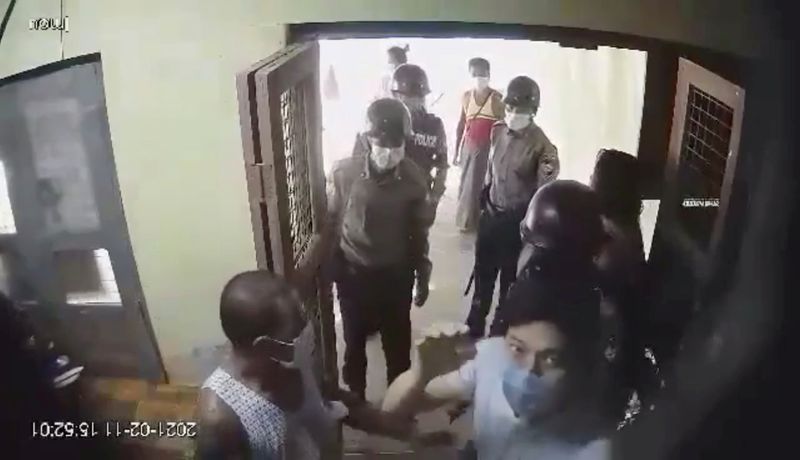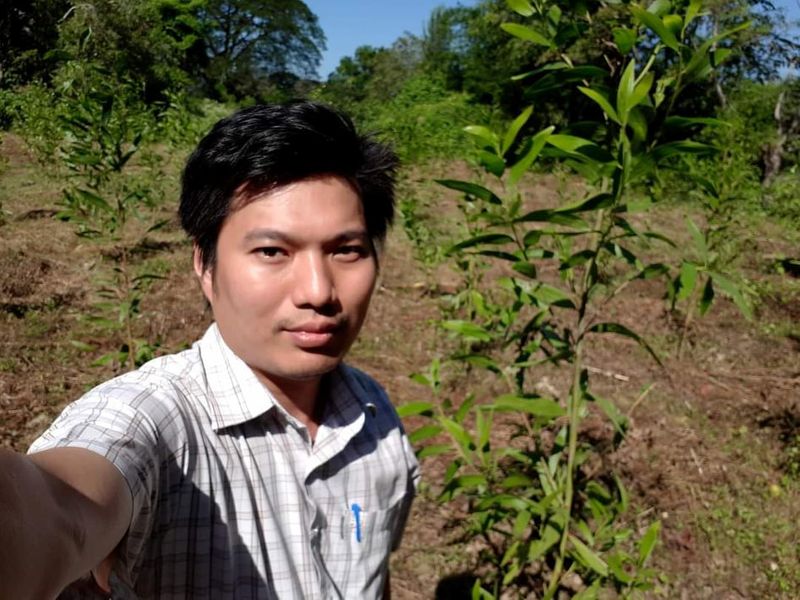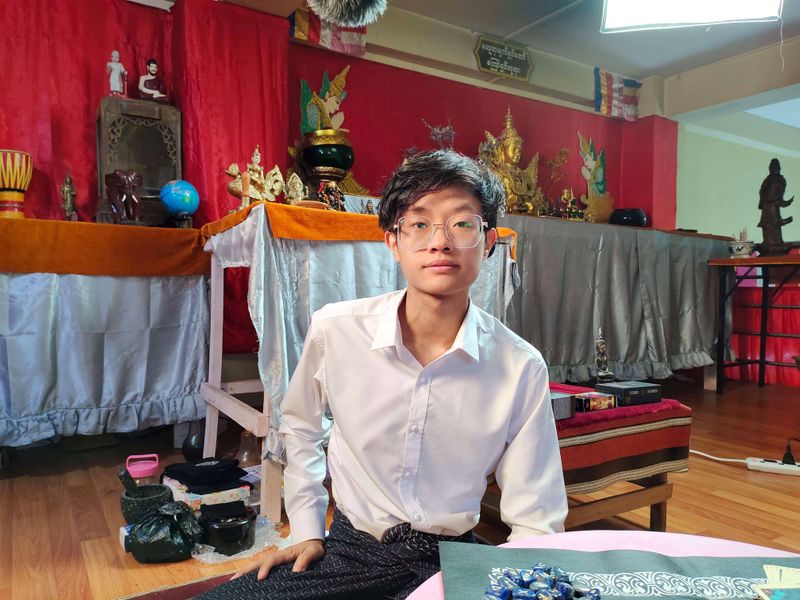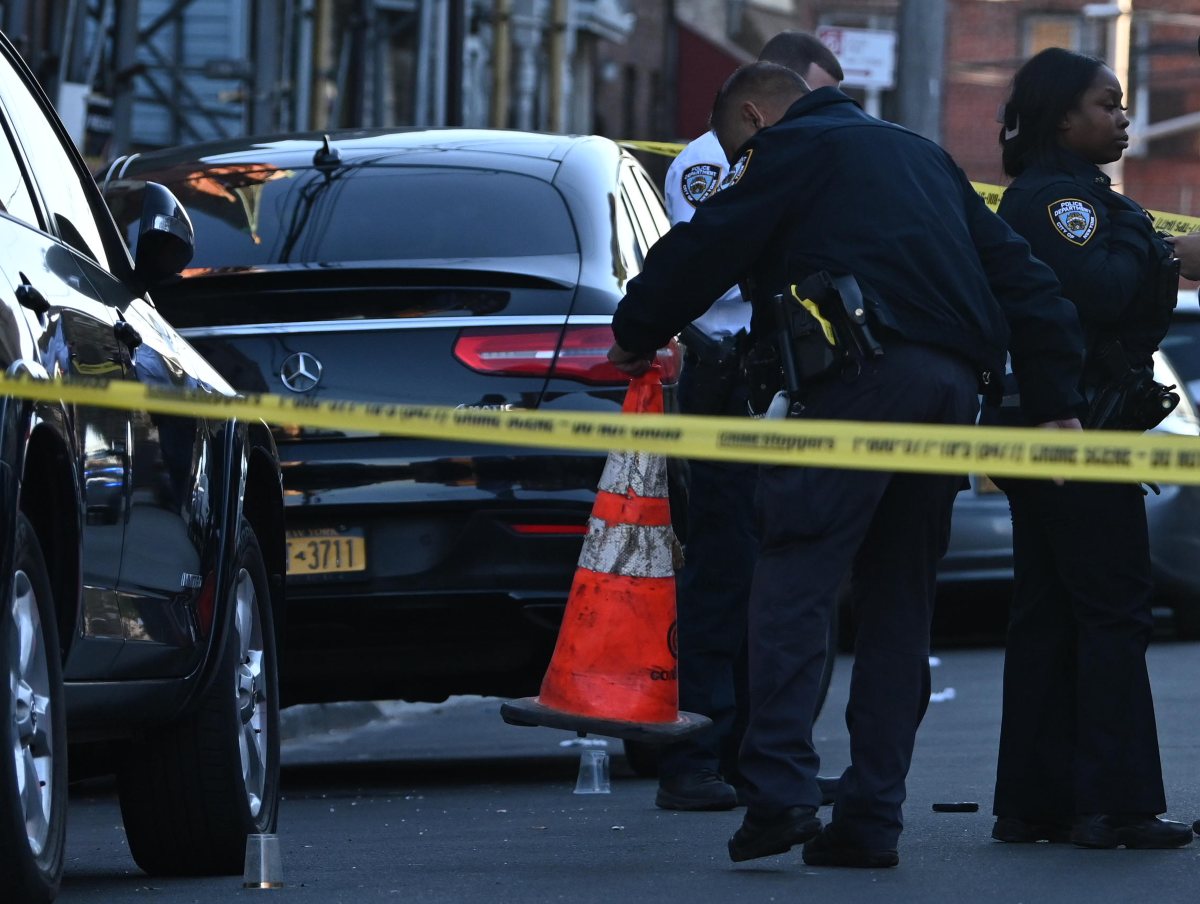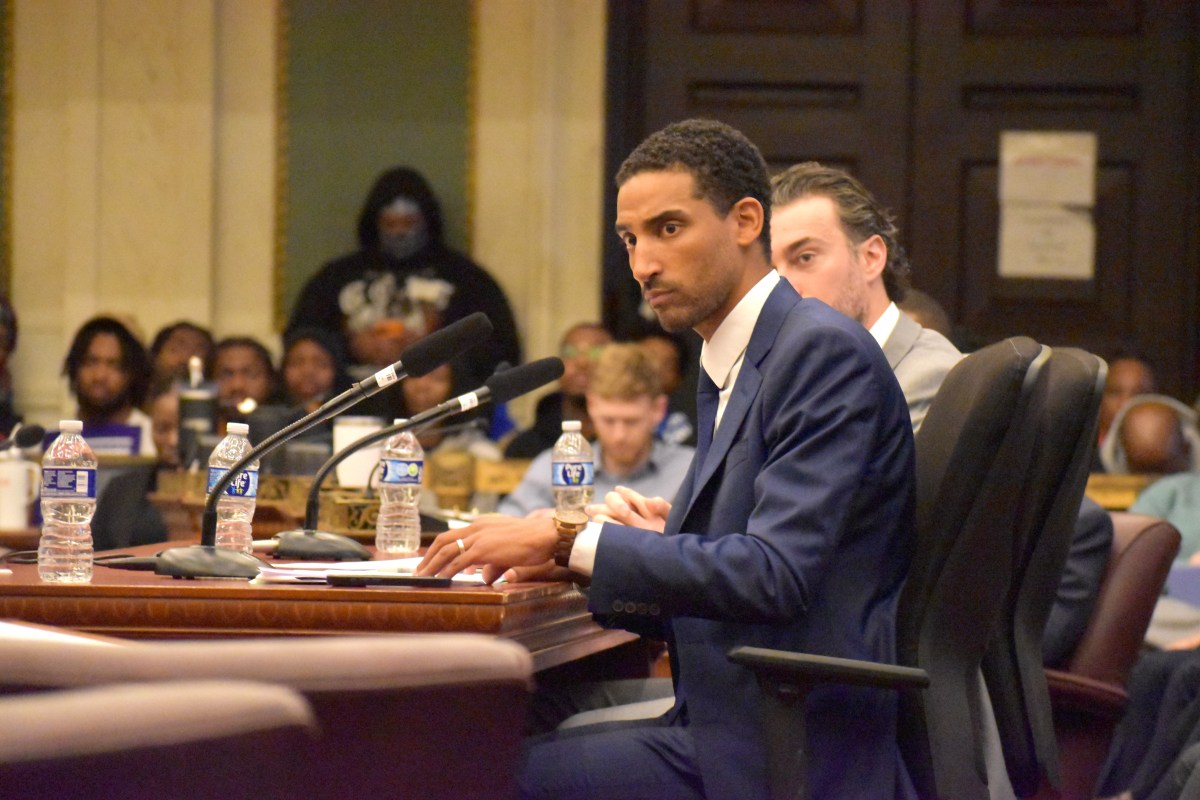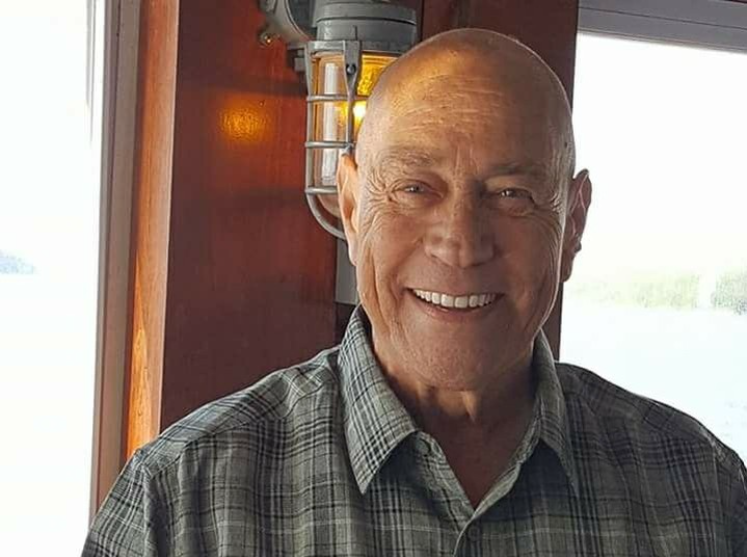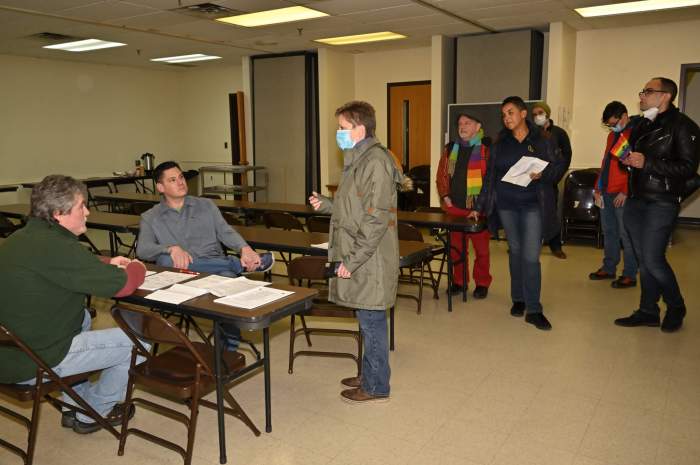(Reuters) – Since Myanmar’s military seized power in a coup on Feb. 1, overthrowing elected leader Aung San Suu Kyi, security forces have detained more than 1,000 people, hundreds at protests and many more in raids – often at night.
As well as Suu Kyi and her cabinet, the detainees include doctors and teachers, actors and singers, and other civilians who took part in daily protests, according to figures from The Assistance Association for Political Prisoners (AAPP).
Founded by ex-prisoners of the former junta, the AAPP now finds itself recording a new generation of political detainees.
(Click https://tmsnrt.rs/307yypD to see an interactive graphic collecting some of the accounts of those who have been detained in Myanmar since Feb. 1.)
Some detainees are survivors of prison under the former junta. Some were taken from their homes, hundreds were seized by riot police and soldiers who charged down protests against the coup. Many are held incommunicado.
Myanmar’s junta did not respond to requests for comment on the detentions, but has threatened action against those accused of destabilising the country. The army seized power after its allegations of fraud in Nov. 8 elections were rejected.
In one account, Pyae Phyo Naing, the lead doctor at a government hospital, was stitching up a patient’s head wound when the police came for him. He had joined the civil disobedience movement encouraging government employees to strike in protest at the new junta and had shut the hospital on Feb. 8, only treating emergency cases.
Pyae Phyo Naing asked the police to wait until he had finished the stitches, but they refused. He was dragged backwards out of the clinic, a CCTV video shows.
“We must be patient and keep fighting against the dictatorship,” said his wife Phyu Lei Thu, also a doctor. “We need to keep growing our strength to fight back, and believe we will win.”
(Editing by Neil Fullick and Karishma Singh)

